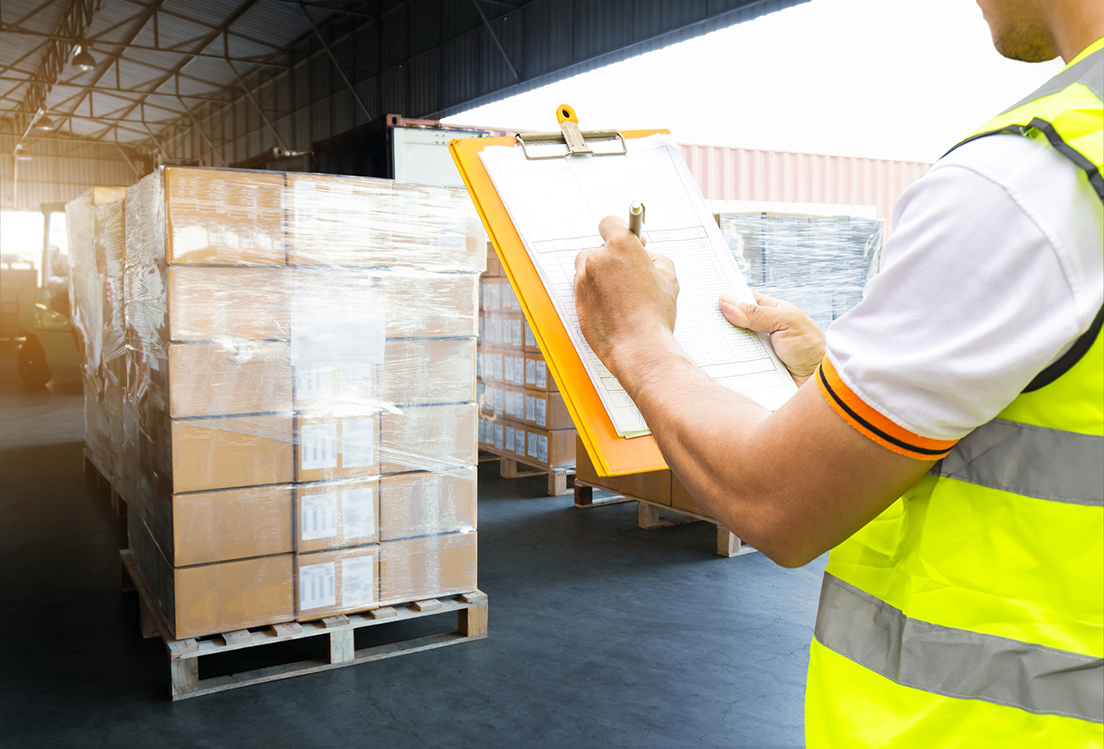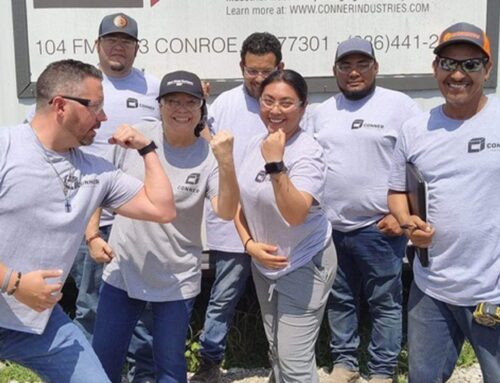There are a lot of pallet suppliers operating throughout the United States. Whether you’re looking for new standard pallets, recycled pallets, a specialty pallet, or custom pallets, there are certainly plenty of pallet suppliers out there that offer whatever you’re looking for.
Unfortunately, that can also make it difficult to choose the right partner to fill your pallet needs. There are a lot of factors involved in choosing the right supplier, and it’s really important to explore all your options.
Making a poor choice of supplying vendor can have a huge impact on your supply chain. That can mean increased in-transit damages, poor quality, and product losses. It may even mean shutting down production if your pallets aren’t delivered on time.
That’s why your choice of partner is so important. You want to find pallet suppliers that will help you optimize your supply chain with the right solution.
So, where do you start?
Have a Clear Understanding of Your Needs
Before you can really start looking a specific pallet suppliers, you must have a pretty good idea of what you need in a pallet. For example, you need to decide whether a standard sized pallet is adequate, or whether you need a specific sized pallet to fit your products properly. Sometimes an off-the-shelf pallet will make your product more susceptible to in-transit damage and product loss.
In addition, the weight and dimensions of your product will dictate whether you need a custom pallet or a standard sized pallet. Very heavy products may also require pallets built from hardwood, rather than softwood. There are a number of factors that determine whether you need a standard or custom pallet, so it’s important to have a good understanding of what you need before you start exploring pallet suppliers.
Choose A Pallet Type
There are lots of different types of pallets on the market to choose from, so it’s important to know what type of pallet is best for not only your products, but also for your industry. For example, some industries, like certain types of food manufacturing, use a lot of standard sized plastic pallets. You want to make sure you’re delivering your products to the end customer on the type of pallet they are expecting, unless there’s a very good reason to do something different.
According to the National Wooden Pallet & Container Association, 93% of all pallets are made from wood, but there are also pallets made from cardboard, plastic, steel, and combination materials. You have a lot of options.
One thing to note – If you know that you’re going to need pallets that are built to a custom size, wood will likely be your best bet. It’s difficult and expensive to get plastic or steel pallets in custom sizes, making wood the most economical choice in most situations.
If you already know that you’re planning to go with a wooden pallet, then you’ll also need to decide whether you want to purchase new pallets or recycled pallets. We recently wrote an article comparing new and recycled pallets that you might want to check out. Again, if you need a custom solution, then you won’t be able to get that out of a recycled pallet.
Will You Need Custom Design Services?
We’ve touched on the idea of custom pallets a couple of times now, so let’s talk about it in a little more detail. If you think you might need custom pallets, then you want to make sure that the pallet suppliers you approach are capable of designing the best pallet to fit your needs. It’s not just about designed a custom pallet that will fit your product, it’s also about designed a pallet that will allow you to maximize your supply chain and minimize costs.
There are many factors that packaging engineers take into consideration:
Manufacturing Capacity of Pallet Suppliers
It’s very important that the pallet suppliers you’re looking into have the capacity to meet your volume and delivery needs. You’re counting on your supplier to deliver what you need when you need it, so it pays to ask some questions about capacity. Pallet suppliers often run into trouble when:
- They have labor problems
- Wood shortages
- Natural disasters or local events that prevent work or destroy a plant
- Some pallet suppliers take on more orders than they can deliver
It’s important to evaluate a supplier’s capacity to deliver. If possible, it’s a wise decision to choose a pallet partner that has redundancies and backup locations to overcome and mitigate these kinds of problems. Pallet suppliers who have multiple manufacturing locations to be a backup in the event of a problem will help you ensure that you get what you need from them regardless of the situation.
Bureaucracy or Personalized Attention?
As you start to evaluate pallet suppliers, you’ll find that there are really only two basic approaches to the business.
Some of the super-sized vendors approach the pallet business from a much more bureaucratic perspective. These types of vendors have a complicated process for managing their customers that can leave you feeling a bit like a number. They often have salesperson that sells you on the initial pallet, then you get shuffled around to other departments for design, production, finance, etc.
You don’t really have an account manager or a management team, and that can leave you a little confused and frustrated when there are problems.
Some purchasing managers like working with this kind of system. They believe that working with one of these types of pallet suppliers allows them more access to different types of products and that they can get their pallets cheaper. They’re willing to sacrifice good customer service.
Other pallet suppliers recognize the value of good customer service, and work hard to give their customers personalized attention on every order. These types of suppliers look at their relationship with customers as more of a partnership and sales people often become the customer’s account manager as well. Sales folks for these types of pallet suppliers follow a customer’s order from beginning to end, then follow up later to make sure the customer is happy with the order.
Here at Conner, we believe the personalized attention approach is better for our customers and our company, but it’s really up to you to choose the type of supplier that will work best for you. Do you want to be another number or work with a partner?
Shipping Distance
The distance your pallets will have to travel to get to your manufacturing location is an important cost factor. The farther the pallets have to travel, the higher your shipping costs. It’s usually best to choose a pallet supplier that manufacturers your pallets close to your own manufacturing facilities.
Wood/Material Supplies Available
Do the pallet suppliers that you’re considering have a consistent supply of wood or other materials needed to make your pallets? Without good relationships to saw mills, your supplier might find themselves lacking the wood needed to build your pallets. This can not only delay your deliveries, but it can also increase your costs when the have to search for wood suppliers to fill your orders.
On Time Delivery Rates
A lot of pallet suppliers don’t bother tracking their own on time delivery (OTD) rates, but it’s pretty important to know if your orders will be delivered when you need them or not. Getting an order late can increase your costs, or even stop your production line.
It’s pretty important to know what a vendor’s on time delivery rate is before you partner with them. Here at Conner, our OTD is over 97%. We’ve found that a lot of other pallet suppliers are running in the 70’s, if they bother to track it at all. A lot of pallet manufacturers don’t track OTD because they know just how bad it would make them look.
Wrapping It Up
Hopefully this article has given you a pretty good overview of some of the things that you should consider when evaluating pallet suppliers. Your choice of partner is important and can have a very big impact on your supply chain and ultimately your production line.
Whether you’re looking for wood pallets, recycled pallets, or custom pallets, you have a lot of options and pallet suppliers to choose from.


![[PRESS RELEASE] Conner Industries Announces Major Guardian Packaging Expansion](https://conner.b-cdn.net/wp-content/uploads/2024/10/Guardian-Packaging-Expansion-500x383.jpg)
![[PRESS RELEASE] Conner Industries Announces Website Dedicated to Integrated Packaging Division](https://conner.b-cdn.net/wp-content/uploads/2024/05/Conner-Packaging-Blog-500x383.jpg)


